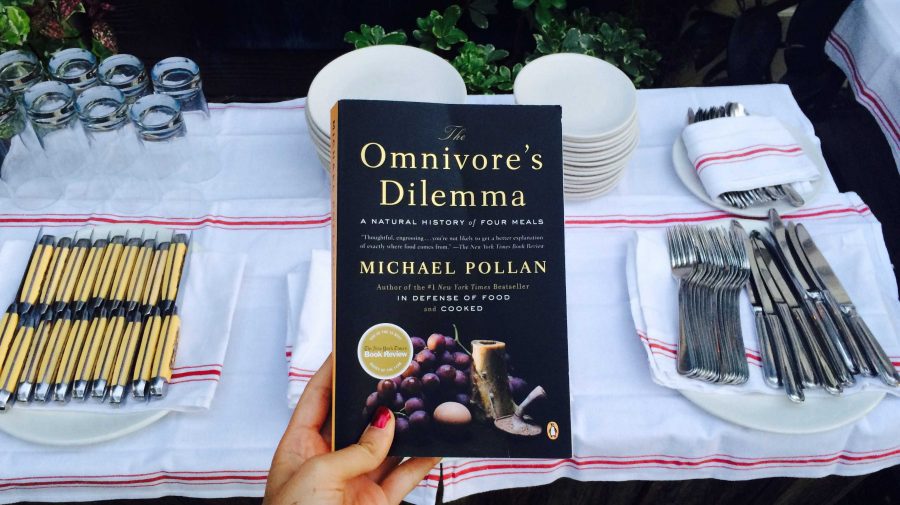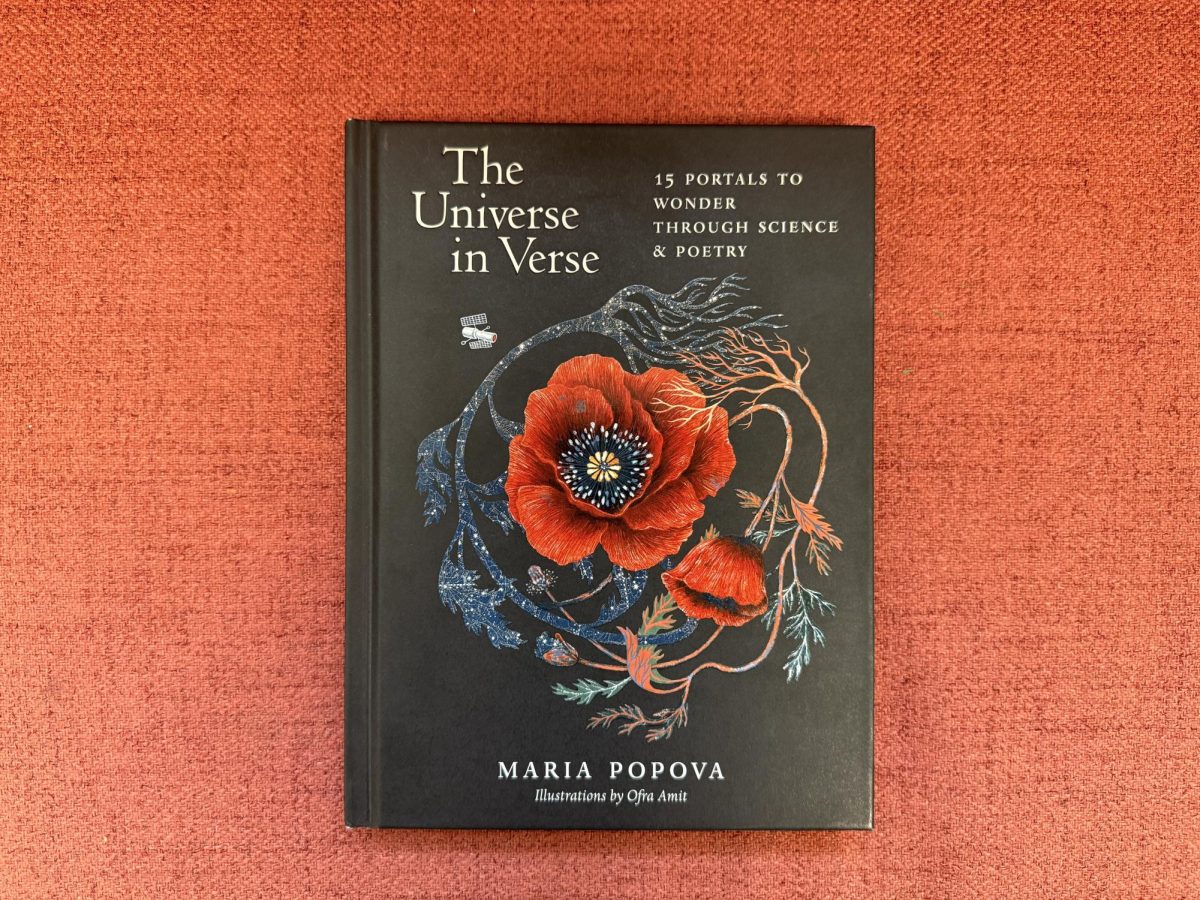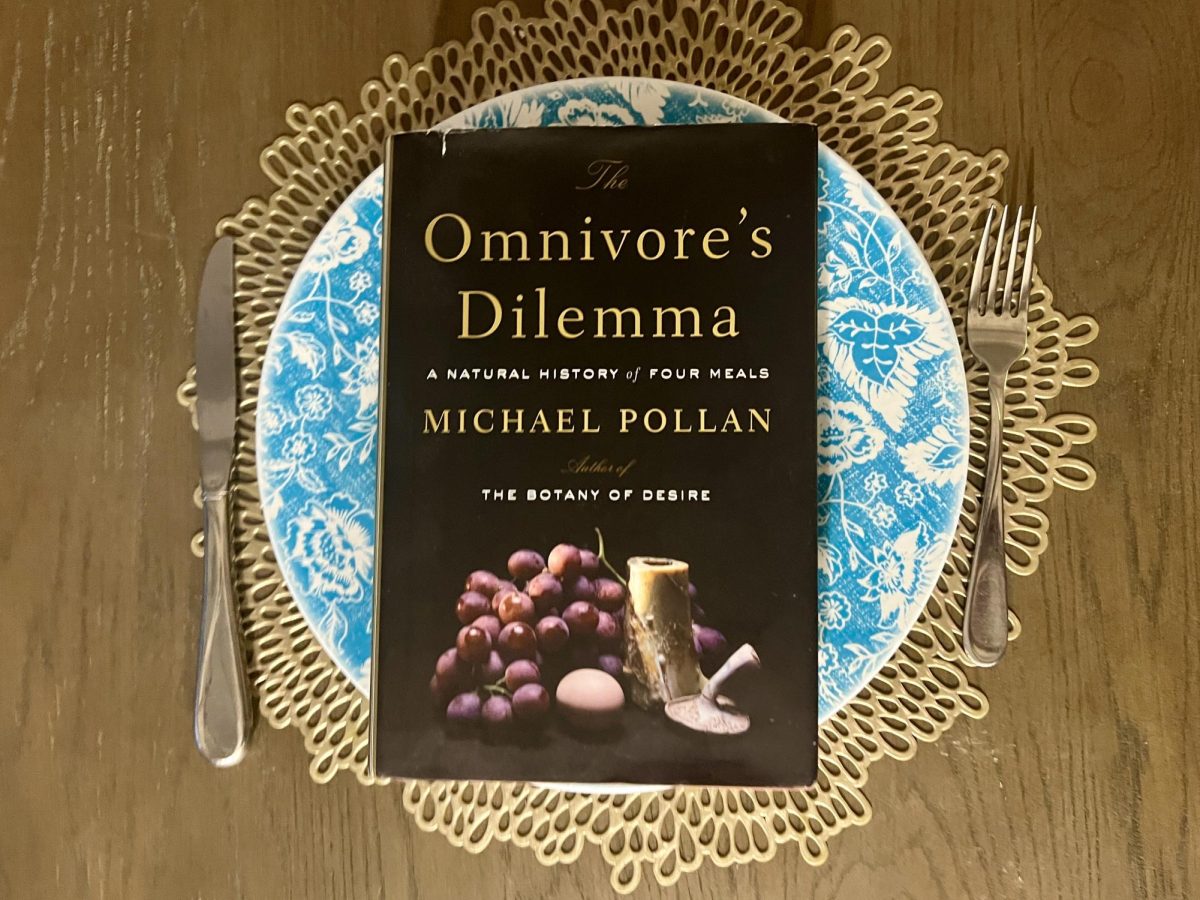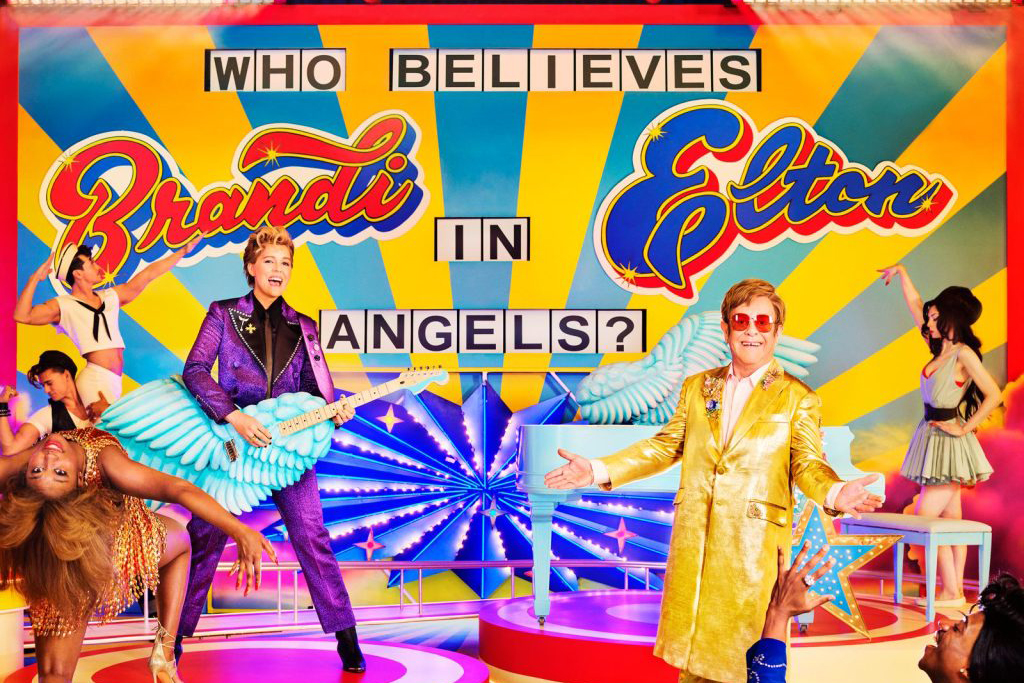Michael Pollan’s non-fictional narrative, “Omnivore’s Dilemma,” unveils a particularly unsettling account of how humans consume food in relation to industrial and organic processes.
The essence of this expository novel lies in Pollan’s deconstruction of the food chain, tracing the production of an item back to its principal state. Herein lies the true omnivore’s dilemma, beginning with the habitual question: What should I have for dinner?
Humans have been able to manipulate natural processes to benefit our own means of consumption. We have acquired the capability to overcome chemical and physical defenses, rapidly multiply the population of a desired species or even rework the structure of the human food chain.
Pollan argues that this “abundance” of available food furthers the omnivore’s dilemma, for humanity has a proclivity for “oversimplifying nature’s complexities.”
As a devout omnivore myself, I find the moral and psychological implications of this book to be rather unnerving. The majority of the meals I consume daily are eaten blindly without full consciousness of what’s involved or how it was prepared. Pollan’s struggle to produce the “Perfect Meal” resonates with my anxieties.
He has led me to understand that I am a willing victim to industry’s ambiguities because it is more instantly gratifying. Pollan’s “Perfect Meal,” conversely, provides a delayed, yet more self-satisfying form of gratification.
Eating constitutes a strong relationship with nature. Many species have evolved simultaneously with humans, making the dynamic built upon co-dependency. A prime example of these evolutionary changes is corn.
As colonists settled into North America, corn was treasured for its malleability and multi-purposeness. Pollan explains that everything we consume today is a manifestation of corn, whether it be a starch, a by-product or even wax to make produce appear shinier when on display.
However, straying from my corn-based diet is an idea I find too overwhelming to even consider. One of the most pervasive modern challenges I have yet to overcome is the need for instant gratification. Constructing a balanced meal entails effort and extensive research, something my generation may find tolling when McDonald’s is much more accessible.
While Pollan’s findings are troubling and demand a call to action, I know that I myself will not be as active in pursuit of the “Perfect Meal.”
It is shocking to think that my ambivalence towards “genuine variety” of food is a triumph of capitalism. Since corn is such a malleable, multi-purpose substance, it essentially helped colonist’s transition from subsistence to a market economy; Pollan regards corn as a “protocapitalist plant.”
When considering my own omnivorial tendencies, I see my relationship with food to be primarily unhealthy. Pollan argues that omnivores are all guilty of unethical treatment of animals. By simply purchasing meat items, consumers are encouraging the slaughtering of animals and are just as responsible for its repercussions.
The trick to perfecting the “Perfect Meal” not only entails a comprehensive understanding of its elements, but also of what factors are being jeopardized in the process and could potentially be detrimental to our dying ecosystems. By identifying the atrocities of slaughterhouses, Pollan brings attention to the unethical treatment of animals.
Pollan is passionate about the intricacies of food consumption, and his book presents a subjective account of his own endeavors with food production and marketing. The omnivore’s dilemma could not only determine the survival of humanity, but the species that are dependent on our prosperity.
Suddenly, all of these previously separated systems are becoming so intertwined that can analyze our relationship with nature. Pollan’s compelling narrative proves that food is so fundamental to our lives that it is impossible to be objective when considering it.
With this cautionary novel, Pollan strives to enlighten and educate people about the detriments of eating industrially and its subsequent effect on nature.
So while I may be a willing victim to eating industrially and continue to be a devout omnivore, by understanding and deconstructing the processes towards production, I am now an enlightened member of the market economy living with perpetual guilt for eating a BigMac.















